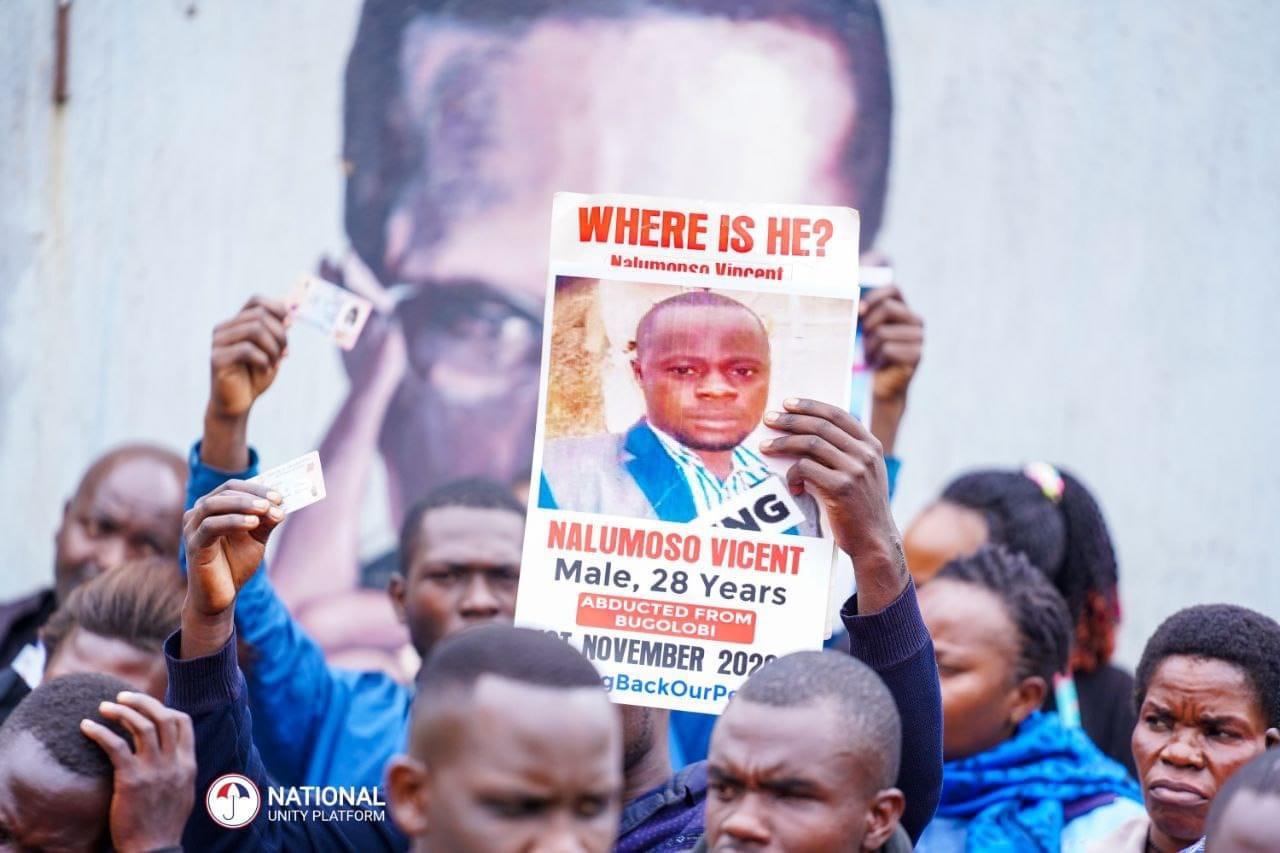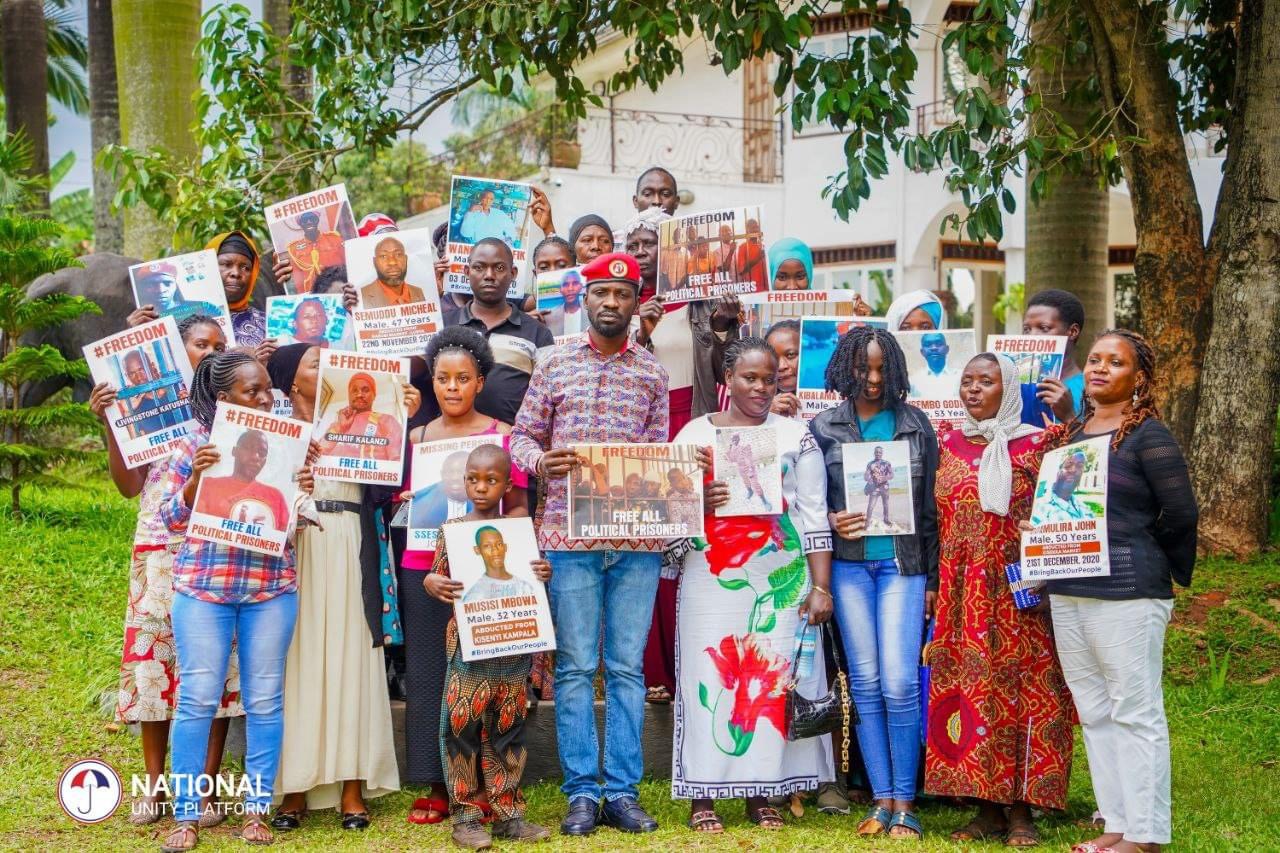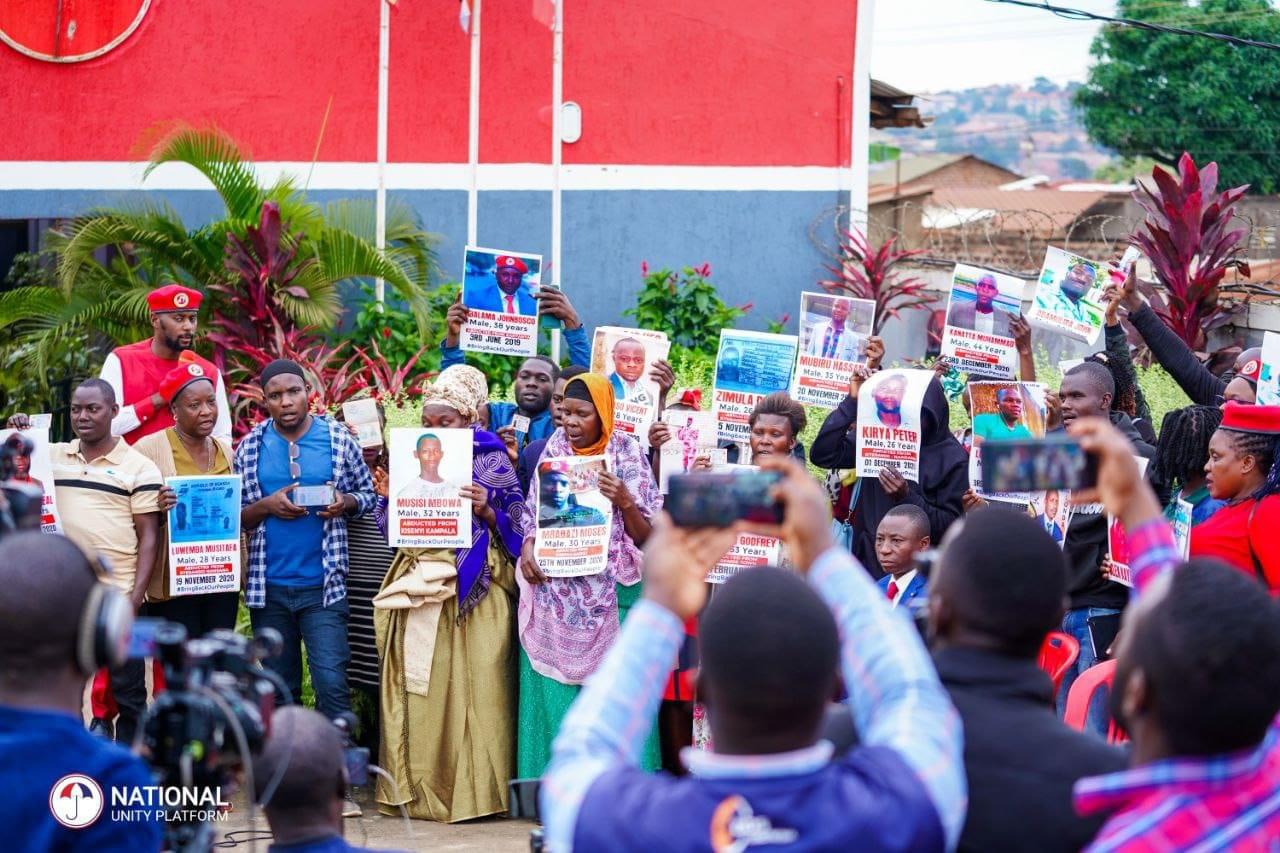The echoes of dissent were amplified by the party's Secretary General, David Lewis Lubongoya, who took to the media to unveil a disconcerting tale of disappearance and alleged persecution.

Lubongoya painted a grim picture, claiming that over 5000 individuals, deemed innocent by the NUP, had been forcibly taken away from their lives simply because they were ardently working and supporting the party. Some, he lamented, had vanished into thin air, while the fate of others hung precariously in the balance, shrouded in the fear of mortality. "We have used all possible fronts to demand their freedom, but the government is not bothered," Lubongoya declared, frustration etched across his face.
The NUP's struggle against what they perceived as governmental indifference reached its zenith the previous year when opposition Members of Parliament staged a dramatic walkout during several parliamentary sessions. Their protest aimed to draw attention to the alleged abductions, a defiant stand against what they saw as a systematic targeting of their supporters. However, despite the theatrics and fervent pleas, the impact on the government's stance appeared negligible, leaving the opposition disheartened.

Lubongoya, undeterred by the lack of significant change, continued to voice the plight of the NUP. Beyond the 18 individuals whose names had been bravely tabled before the parliament by the opposition leadership, he disclosed that numerous other party members remained missing, their absence casting a shadow over the political landscape. Among the disappeared were figures like Namatovu Margret, Tebandeke Andrew, Nakinbugwe Winfred from Wakiso, and Lungujja Lubaga, all of whom had joined NUP in the early days of 2020 as party coordinators.

As the allegations of abductions and disappearances reverberated through the corridors of power, the nation teetered on the brink of unrest. The approaching 2026 elections loomed large, and the specter of political persecution cast a pall over the democratic process. The tale of the NUP and its supporters became a poignant chapter in Uganda's political narrative, a chapter filled with uncertainty, fear, and the persistent struggle for justice and accountability. The nation held its breath, awaiting the response of the government and the unfolding of a story that would shape the destiny of a people yearning for a fair and transparent democratic future.









Become the first to comment